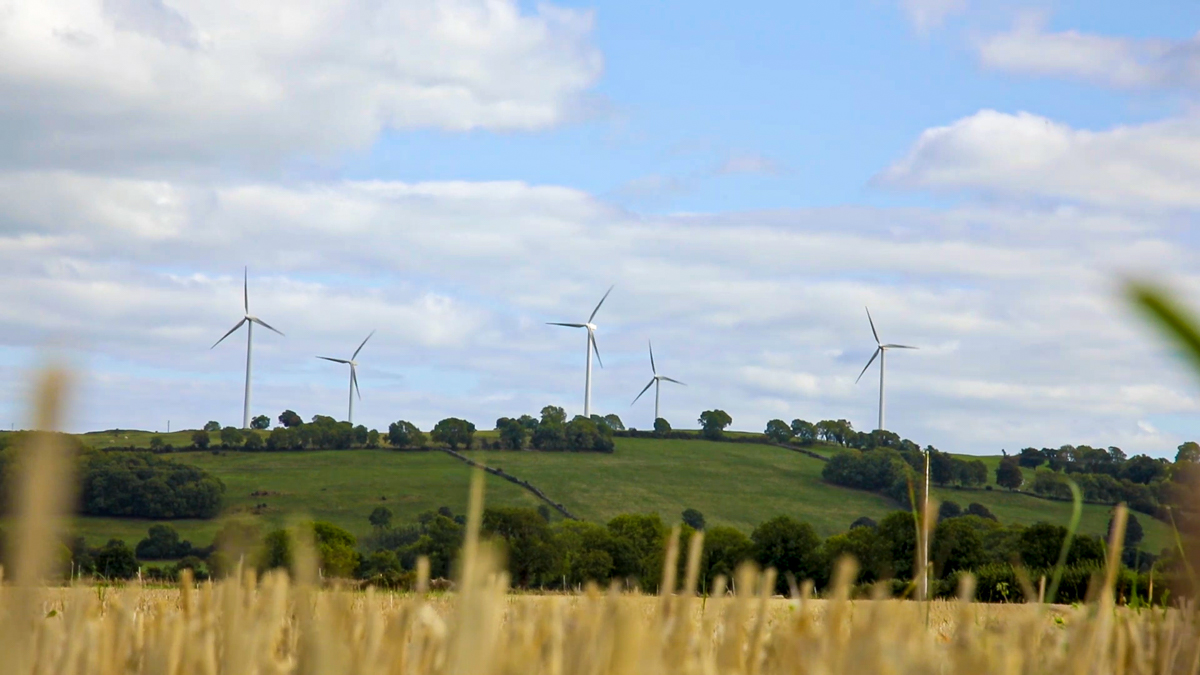The Rural Independent Group of TDs is set to move a motion in the Dáil tomorrow (Wednesday, November 16) aiming to reduce electricity prices.
The motion calls on the government to implement a European Union regulation which provides for emergency interventions to address high energy prices.
The EU Council regulation, which came into force on October 8, includes measures to reduce electricity demand and to collect and redistribute profits from energy companies to households and small and medium-sized enterprises.
The Rural Independents said that their motion aims to force the government “to end the unconscionable practice of protecting the super profits of wind energy companies”.

Commenting ahead of the Dáil debate on the motion, the leader of the Rural Independents, Deputy Mattie Mc Grath, stated:
“Electricity credits, while welcome, in reality, merely serve to increase the profits of energy companies, as they retain the money, driving costs higher and doing nothing to tackle the existing underlying problems.
“Every time we challenged the government on their failure, the EU was used as a scapegoat. Truthfully, those excuses were nothing more than a camouflage for the government to allow wind energy-producing companies in Ireland to make super profits,” he said.
The Rural Independents want the government to introduce “a rigid cap” on the market revenues of wind farm energy producers.
The TDs believe that the excess profits of all energy producers should be taxed with the funds being used to help consumers pay for electricity bills.
“In Ireland, Neoen; Amazon; ESB; Energia; SSE Airtricity; Greencoat capital; Strakraff; Bord Gais; and Bord na Móna, among others, have been allowed to make extortionate profits as electricity prices soar for ordinary users,” McGrath said.
“Certainly, we need as much renewable power as we can get, but we also should be able to benefit from its cheapness.
“Currently, Irish people are not gaining, while wind power producers make over 600% of their predicted earnings on 96% of the wind produced here.
“Why would any government policy put the needs of energy-producing corporations above everything and everyone else?” the Tipperary TD asked.
The motion also calls for a reduction in energy demand by “power-hungry” data centres.
Electricity consumption by data centres increased by 32% from 2020 to 2021, according to the Central Statistics Office (CSO).
